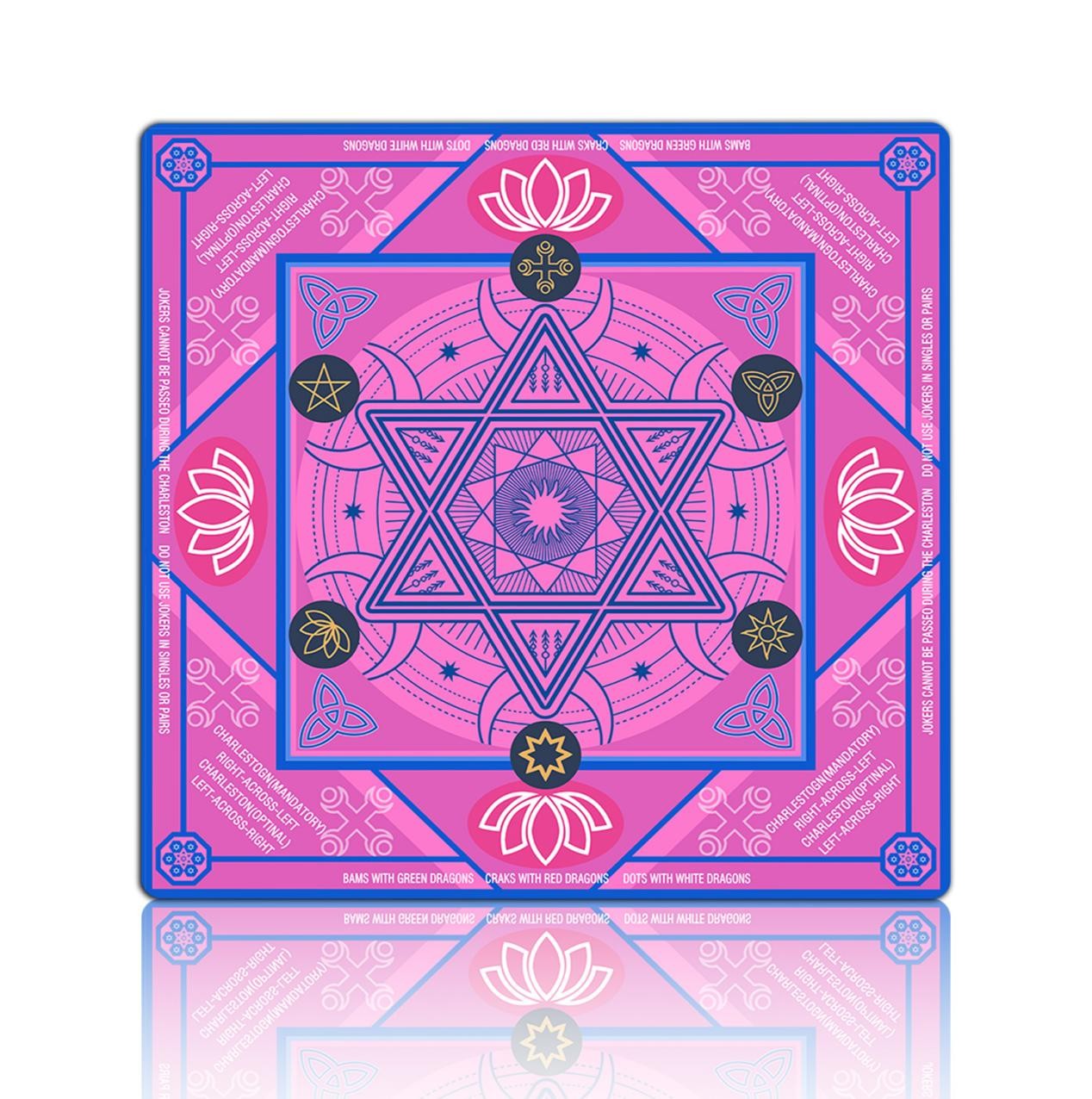Unlocking the Secrets to a Restful Night: Strategies to Fall Asleep Faster
In our fast-paced world, the quest for a good night's sleep has become increasingly elusive. Many individuals find themselves tossing and turning, grappling with racing thoughts and restless bodies. Understanding what helps you fall asleep faster at night is crucial not only for enhancing your overall well-being but also for improving cognitive function, emotional stability, and physical health. This article delves into scientifically-backed strategies and lifestyle adjustments that can facilitate quicker sleep onset, ensuring you wake up refreshed and rejuvenated.
- The Science of Sleep: Understanding Sleep Cycles
Before exploring effective strategies, it’s essential to understand the biological mechanisms behind sleep. The human sleep cycle consists of several stages, including light sleep, deep sleep, and REM (rapid eye movement) sleep. Each cycle lasts approximately 90 minutes, and adults typically require 7-9 hours of sleep per night. Disruptions in these cycles can lead to sleep deprivation, which negatively impacts mood, memory, and overall health.
- Create a Sleep-Inducing Environment
a. Optimize Your Bedroom
The environment in which you sleep plays a pivotal role in your ability to fall asleep quickly. Here are some key factors to consider:
- Temperature: The ideal bedroom temperature for sleep is between 60-67°F (15-19°C). A cooler room can help lower your body temperature, signaling that it’s time to sleep.
- Lighting: Exposure to bright lights, especially blue light from screens, can interfere with melatonin production. Use blackout curtains and consider dimming the lights an hour before bedtime.
- Noise: A quiet environment is conducive to sleep. If you live in a noisy area, consider using white noise machines or earplugs to block out disruptive sounds.
b. Invest in Quality Bedding
Quality mattresses and pillows that provide adequate support can significantly enhance sleep quality. Look for materials that suit your sleeping position—whether you’re a back, side, or stomach sleeper—to ensure proper spinal alignment.
- Establish a Consistent Sleep Routine
a. Set a Sleep Schedule
Going to bed and waking up at the same time every day helps regulate your body’s internal clock. This consistency can make it easier to fall asleep and wake up feeling refreshed. Aim for a sleep schedule that allows for 7-9 hours of sleep, even on weekends.
b. Develop a Pre-Sleep Ritual
Engaging in calming activities before bed can signal to your body that it’s time to wind down. Consider incorporating the following into your nightly routine:
- Reading: Choose a physical book or magazine rather than an electronic device to avoid blue light exposure.
- Meditation or Deep Breathing: Mindfulness practices can reduce anxiety and promote relaxation, making it easier to transition into sleep.
- Gentle Stretching or Yoga: Light physical activity can relieve tension and prepare your body for rest.
- Mind Your Diet and Lifestyle Choices
a. Be Cautious with Caffeine and Alcohol
Caffeine, found in coffee, tea, and certain sodas, is a stimulant that can interfere with your ability to fall asleep. Aim to limit caffeine intake to the morning hours. Similarly, while alcohol may initially make you feel drowsy, it can disrupt sleep cycles later in the night. Moderation is key.
b. Consider Sleep-Friendly Foods
Certain foods can promote sleep due to their nutrient content. Incorporate the following into your evening meals:
- Complex Carbohydrates: Foods like whole grains can help increase serotonin levels, which promotes relaxation.
- Magnesium-Rich Foods: Nuts, seeds, and leafy greens can help relax muscles and nerves.
- Tryptophan Sources: Turkey, bananas, and dairy products contain tryptophan, an amino acid that aids in the production of sleep-regulating hormones.
- Manage Stress and Anxiety
Chronic stress and anxiety are significant barriers to falling asleep quickly. Implementing stress-management techniques can be beneficial:
- Journaling: Writing down your thoughts and worries before bed can help clear your mind and reduce anxiety.
- Cognitive Behavioral Therapy for Insomnia (CBT-I): This structured program helps individuals identify and replace thoughts and behaviors that cause or worsen sleep problems.
- Leverage Technology Wisely
While technology can be a double-edged sword, certain apps and devices can aid in sleep improvement. Consider using:
- Sleep Trackers: These devices can provide insights into your sleep patterns, helping you identify areas for improvement.
- Relaxation Apps: Guided meditations, sleep stories, and calming sounds can facilitate relaxation and help you fall asleep faster.
Conclusion: A Holistic Approach to Sleep
Falling asleep faster at night is not merely about counting sheep; it’s about creating a holistic approach that encompasses environmental, behavioral, and lifestyle factors. By optimizing your sleep environment, establishing a consistent routine, making mindful dietary choices, managing stress, and leveraging technology, you can significantly enhance your ability to fall asleep quickly and enjoy restorative sleep. Remember, quality sleep is a cornerstone of good health, so prioritize it as an essential aspect of your daily routine.





